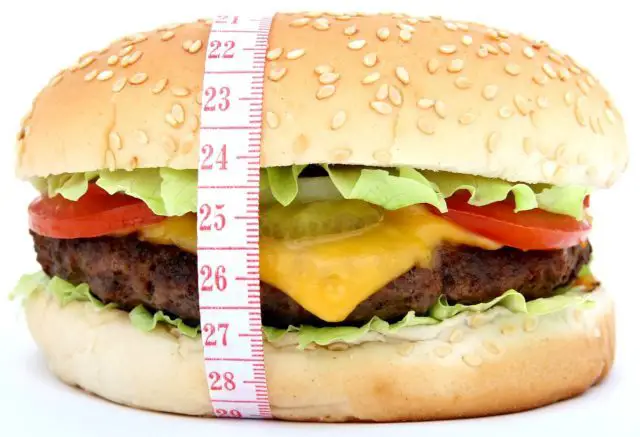Currently, depression and anxiety are the most frequent psychological disorders in the world, and the situation generated by the Covid-19 pandemic has only worsened their numbers. In addition, we must not forget its close relationship with metabolic health and obesity, another disease that continues to rise like foam.
Among the possible solutions, nutrition is key, and not a day goes by that a miracle diet does not appear, promising benefits beyond its true scope. Should the famous intermittent fasting be placed in that category? It seems not.
Although it is now fashionable, our species has practiced intermittent fasting naturally for thousands of years: Homo sapiens has not always had food available 24/7.

The reason for the current media and popular impact lies in its effectiveness as a method to lose weight and in the benefits attributed to it to reducing cardio-metabolic risk. For this reason, it is usually prescribed to patients who are overweight or obese and who show a predisposition to diabetes. It also influences, and a lot, that it is more bearable and can be maintained in the long term with less effort than continuous caloric restriction.
In addition, it facilitates synchronization with circadian rhythms. This means that it helps to synchronize meals with our internal biological clock, which depends on the hours of the sun, usually between 8:00 a.m. and 4 or 7 pm.
The benefits of intermittent fasting have to do with the change that occurs in metabolism. After spending several hours without eating food, the body changes its fuel: it goes from using glucose (sugars) to using fats. Autophagy processes are also triggered; a natural way that our body has to purify itself.
And finally, it improves the functioning of both the immune system and the axis that connects the intestinal microbiota (microorganisms that live in the digestive system) and the brain. Deep down, eating is an invasive act, and done too often makes our body overexert itself.
2 ways to fast
Among the various diet modalities that are grouped under the umbrella of intermittent fasting, 2 of them are the most practiced: fasting on alternate days, and the restriction of the intake window.
The first consists of drastically reducing food on alternate days (between 2 and 4 a week), a fast that can vary from eating absolutely nothing to eating up to 25% of the energy needs for a day. In both cases, it is allowed to drink water and calorie-free drinks such as tea or coffee without sugar.
For its part, the second method involves spending only a daily period of time eating, usually between 6 and 10 hours. During the rest of the day, from 2:00 p.m. to 6:00 p.m., no food can be consumed, with the usual exception of water, tea, and coffee.
Anti-depressanteffects
As we have pointed out above, it seems that these practices have a beneficial effect on the body, but to what extent do they influence mental health, specifically depression and anxiety? We tried to find out in our study.
After analyzing the scientific literature and the 14 studies carried out with 562 participants in this area of research, we reach some conclusions. The first is that, at a minimum, doing one type of fast or another does not worsen depression or anxiety, nor does it alter our mood. And more importantly, it appears that it may even help lessen the symptoms of depression.
Although you might think that those who undertake intermittent fasting are exposed to mood swings, it seems that this is not the case. Rather, the opposite would happen. Autophagy and the release of free fatty acids, ketone bodies (fat waste), neurotransmitters, different hormones and biomarkers such as brain-derived neurotrophic factor would explain the improvements in depressive symptoms.

Nor should we forget its effects on glucose regulation, resistance to stress and the reduction of inflammation. All of them could attenuate the neuro-inflammation processes associated with depression.
On August 8th of this year, another study was published that corroborates what we show in our work. Intermittent fasting—specifically, restricting the eating window in time with the circadian rhythm—was more effective than continuous calorie restriction in improving mood. It raises vigor and energy, and decreases fatigue and depression.
Lastly, and perhaps most importantly, people who practice intermittent fasting, especially eating window restriction, show a high degree of acceptance and adherence. Looking and feeling great inside and out makes it easier for us to maintain this eating pattern long-term.
Although the results are promising, one must be cautious; Long-term research comparing different fasting modalities and their influence on mental health is still lacking. And if you have doubts or suffer from any pathology, it is better to consult your doctor and nutritionist before deciding to do so.

For those who have experienced shifts in consciousness and know that more peace, joy, and love awaits in a better living environment. A bold shared vision. A living community and hub for innovation. A sustainable ecosystem for living and working. A model for the new future.

